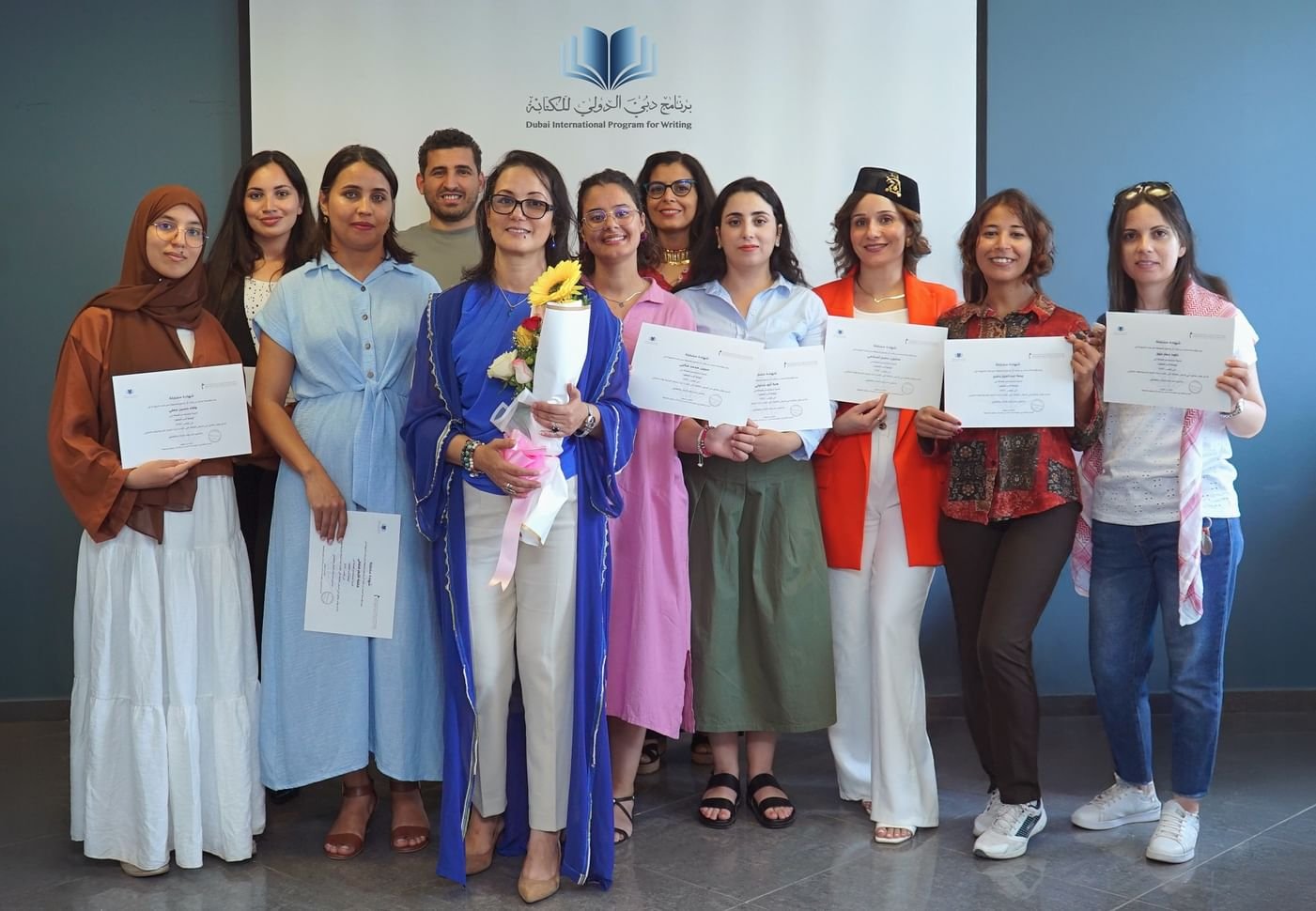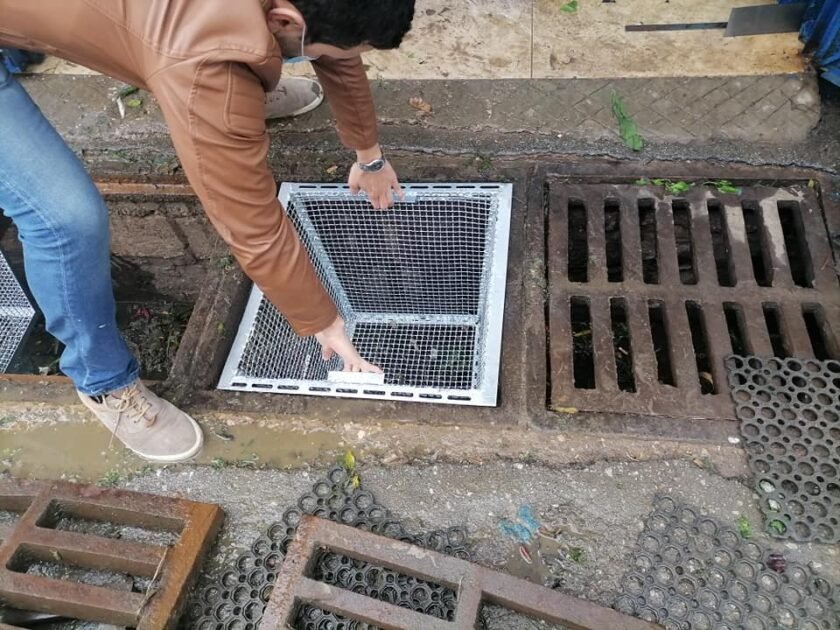The Mohammed bin Rashid Al Maktoum Knowledge Foundation (MBRF) successfully completed the ‘Children’s Literature Workshop,’ launched by the Dubai International Programme for Writing (DIPW), one of the Foundation’s leading knowledge initiatives.
Held over four months in Tunis, the capital of Tunisia, the workshop was led by Dr. Wafa Thabet Mezghani.
The workshop witnessed outstanding participation from individuals with a strong interest in children’s literature and its various formats. Throughout the programme, they engaged in interactive, hands-on training sessions focused on brainstorming, feedback, and assessments. Working closely with a team of professionals, they refined their ideas from initial concepts to complete children’s stories ready for publication and distribution.
Jamal bin Huwaireb, CEO of MBRF, said, “The initiatives of DIPW reflect the Foundation’s core mission of supporting intellectual and creative growth across the Arab world. The ‘Children’s Literature Workshop’ demonstrates our strong belief in the value of investing in emerging talent and equipping them with the skills necessary to excel in specialised writing. Such efforts are vital to building knowledge-driven Arab societies that are ready to meet future demands. We remain committed to developing innovative programmes that empower youth and make a meaningful contribution to both the local and global literary and knowledge landscape.”
The workshop consisted of four in-person training sessions, each lasting over three days and combining practical and theoretical exercises. Aimed at writers across all skill levels, from aspiring authors to experienced professionals, the sessions covered a wide range of key topics. These included the history of children’s literature, with a special emphasis on Arabic literature, as well as literary genres, age-specific content, and the importance of pre-writing planning.
Participants also explored character development, setting, plot structure, narrative styles, and perspectives. They received valuable guidance on titling, editing, book cover design, building an author brand, and marketing.
This workshop is the second edition held in Tunisia and the third across the broader North Africa. It also featured remote monitoring, which included reviewing participants’ manuscripts and providing guidance on the self-editing process. This hybrid approach allowed trainers to deliver high-quality mentorship, helping participants produce polished content that meets the standards of both Arab and international libraries.
TunisianMonitorOnline (Editorial Staff)




